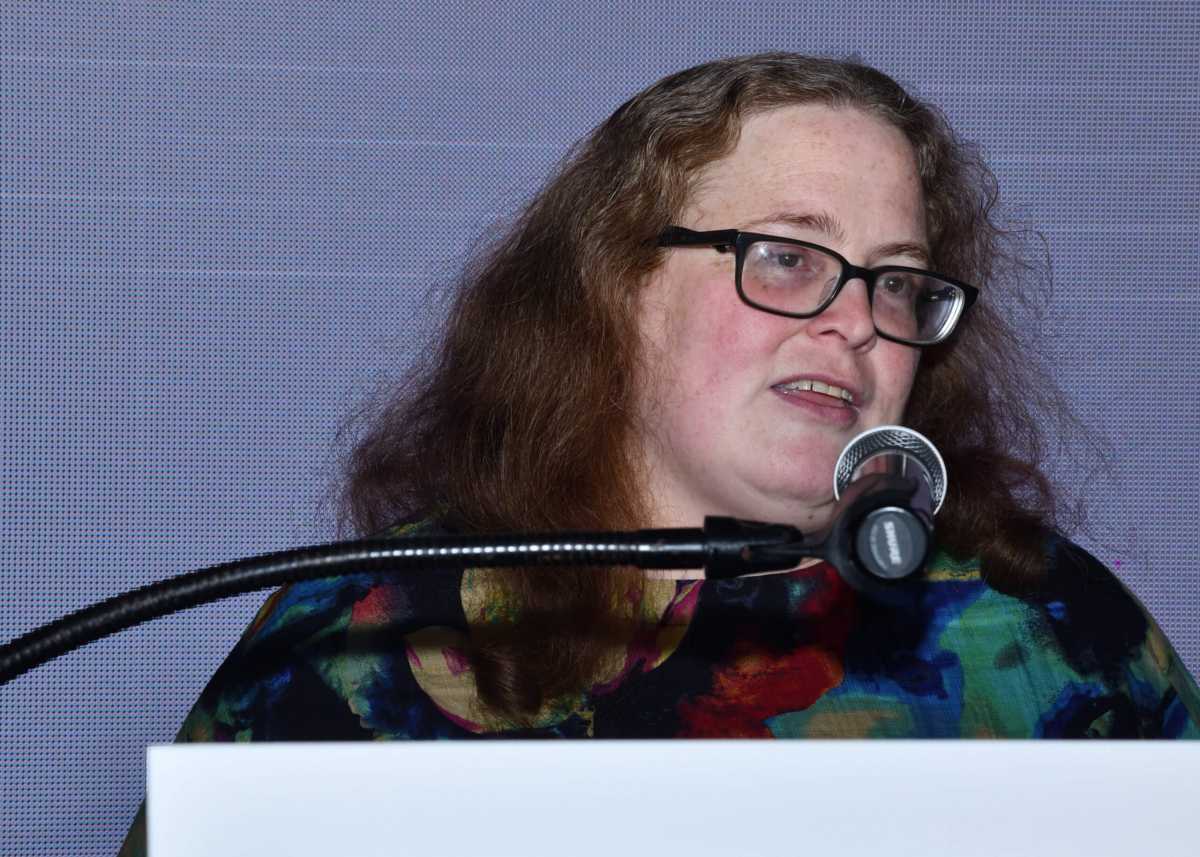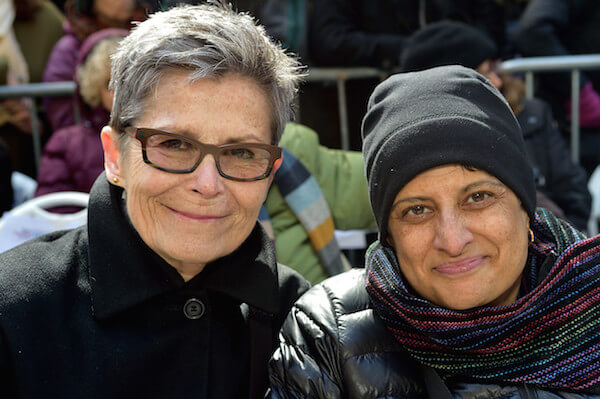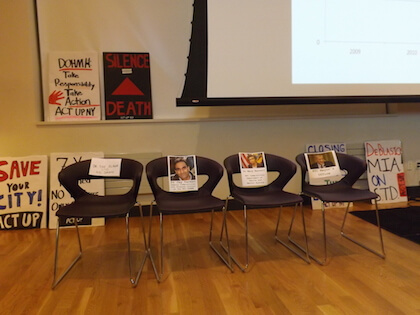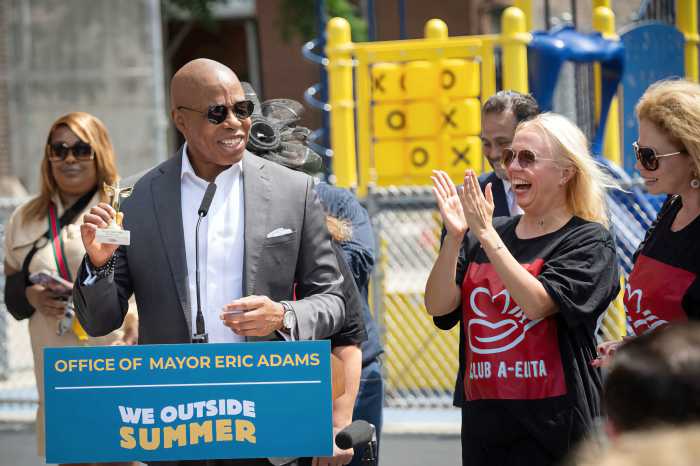Leaders of LGBTQ youth service providers are welcoming the City Council’s overwhelming passage of two bills designed to reduce hurdles for homeless and runaway youth seeking rental assistance vouchers.
The two pieces of legislation approved by city lawmakers on November 23 allow runaway and homeless youth seeking housing vouchers — which cover costs of housing — to forego a requirement to first enter an adult shelter as long as they have spent at least three months in either foster care or a youth shelter funded by the Department of Youth and Community Development. Stephen T. Levin spearheaded both bills, which are similar but slightly different: One focuses on youth who have spent time in shelters and the other pertains to youth in foster care.
The legislation now goes to outgoing Mayor Bill de Blasio, who supports the bills, according to the non-profit publication The City.
To this point, young New Yorkers experiencing homelessness have been forced to first go through an adult shelter in order to gain access to housing vouchers, which advocates say poses all kinds of dangers — especially when those shelters are not designed to cater specifically to youth, let alone queer youth.
“Young people in adult shelters are often targeted by folks for theft, violence, or even sexual assault, so LGBT youth face a great deal of transphobia and homophobia from both other residents and many of the staff,” said New Alternatives for LGBT Youth executive director Kate Barnhart, who provides services to queer youth to help them transition out of the shelter system. “This is something we’ve been fighting for for a long time. It’s a big step forward. It’s much safer for youth to be able to be able to receive vouchers from youth shelters as opposed to having to take risks in an adult shelter.”
Not one city lawmaker voted against the bills. Term-limited Councilmember Bill Perkins of Manhattan, who was ousted by out lesbian candidate Kristin Richardson-Jordan in the Democratic primary earlier this year, was the lone lawmaker absent from voting on the legislation.
The Council’s passage of the two bills follows The City’s revelation earlier this year that the de Blasio administration had an internal agreement codifying the rule requiring youth to go through an adult shelter before becoming eligible for vouchers. The legislation caps off a years-long campaign to streamline the housing voucher process for homeless youth in the five boroughs.
“Going to an adult shelter first negates the point of youth shelters, which is that youth need a specialized place to be,” Barnhart said.
Alexander Roque, the executive director of the Ali Forney Center — which is the nation’s largest organization serving queer youth — thanked elected leaders for prioritizing young individuals in need of housing.
“AFC remains very grateful to the great City of New York and its leadership for the provisions and affirmation that it has offered our homeless,” Roque told Gay City News in response to the passage of both bills. “No one should have to suffer on the streets because of their experiences, and this is a testament to the city’s commitment to invest, prioritize, and center homeless communities, including our homeless LGBTQ youth.”
Barnhart cautioned that the easing of requirements for vouchers “does not mean everyone is suddenly housed,” however. Many folks who do obtain vouchers encounter discriminatory landlords who will avoid renting to them, she said, while others are susceptible to scams and predatory landlords. Some folks wind up stuck in apartments that are in disrepair.
Both Barnhart and Roque acknowledged the looming change in leadership in city government as they expressed their hope that the next crop of elected leaders will prioritize the needs of homeless queer youth — particularly Black trans individuals. Among the issues on the agenda moving forward, Barnhart explained, include supportive housing for individuals with mental health needs.
“This is very much a long haul, but we are hopeful that some of the policies we are advocating for will be more accepted,” Barnart said.



































